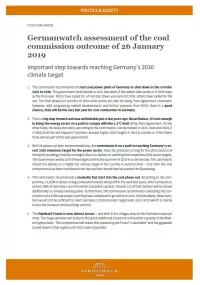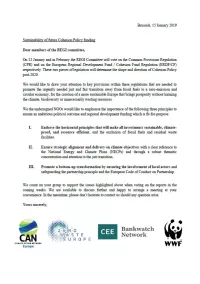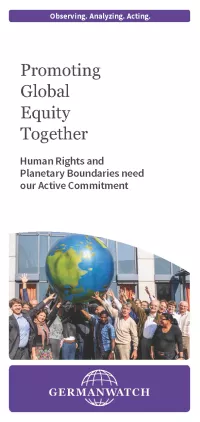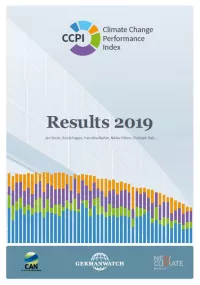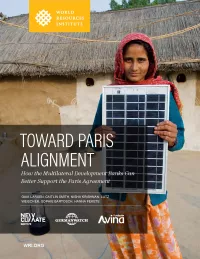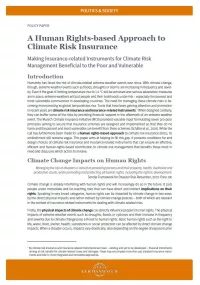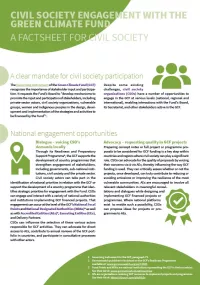
The Green Climate Fund (GCF) recognizes the importance of stakeholder input and participation in the design, development and implementation of its financed strategies and activities to reduce CO₂ emissions and support developing countries that are vulnerable to the effects of climate change. Despite some existing challenges, these stakeholders, including private sector actors, civil society organizations (CSOs), vulnerable groups, women and indigenous peoples, can engage in the GCF at various levels. The factsheet is published under the project “CSOs readiness to the GCF – focus Africa” jointly implemented by Germanwatch and CARE International with support from a consortium of African networks and civil society organizations. The project aims to support broader African civil society engagement in the critical early implementation phase of the GCF.

